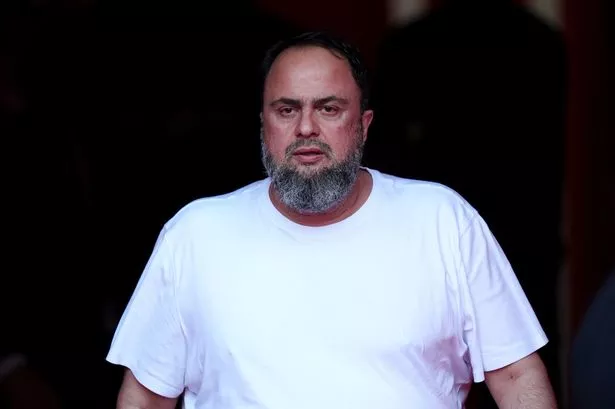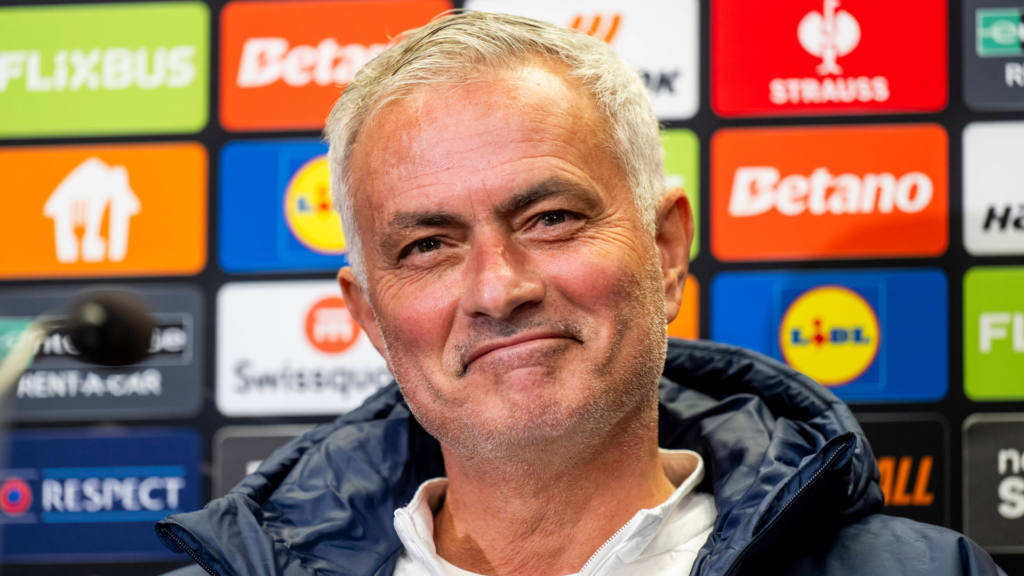Norwich City’s sporting director, Ben Knapper, is navigating the complexities of the English Football League (EFL) squad rules as he aims to acquire talent for Carrow Road.
These regulations govern player characteristics for both the overall season squad and specific matchdays. The club’s recent shift towards a more international player base, as opposed to a greater reliance on English football experience under former manager David Wagner, necessitates careful management of these rules.
To qualify as ‘homegrown’ by EFL standards, a player must be registered with any club affiliated with the English or Welsh Football Associations for three years before the end of the season in which they turn 21. For the upcoming 2025-26 campaign, several players who previously counted as homegrown for Norwich, including Angus Gunn, Grant Hanley, Ben Gibson, Sam McCallum, Danny Batth, Ashley Barnes, and Adam Idah, are no longer with the club. This situation requires Norwich to meticulously plan their transfer activities.
Currently, Norwich City’s first-team squad includes nine homegrown players: Daniel Barden, George Long, Jack Stacey, Shane Duffy, Ben Chrisene, Kellen Fisher, Brad Hills, Liam Gibbs, and new arrival Daniel Grimshaw. This leaves 16 available slots within the 25-man limit for non-homegrown players. While the minimum requirement is eight homegrown players, allowing for up to 17 non-homegrown players, the club faces potential complications due to the uncertain futures of some of their current homegrown contingent.

Norwich is reportedly open to offers for George Long and Shane Duffy, and Brad Hills’ readiness for the first team after a loan spell with Stockport County is still being assessed. Daniel Barden is currently fourth in the goalkeeping pecking order, which would place him fifth once a new number one goalkeeper is signed. Should these four players depart or not be registered, the number of registered homegrown players would reduce to five, leaving the overall registered squad at 22 players. For context, Norwich utilized 35 players last season, while Liam Manning’s former club, Bristol City, used 24.
A beneficial aspect for Norwich is the presence of several under-21 players in their current squad, as these players (born on or after January 1, 2005) do not need to be registered in the 25-man squad. Six such individuals had first-team roles last term: Ruairi McConville, Lucien Mahovo, Jacob Wright, Oscar Schwartau, Gabriel Forsyth, and Elliot Myles. Including these six with the potential 25 over-21 registered players, Liam Manning could have 31 players available. Even if the four currently with uncertain futures are not registered, the squad size could still reach 28.
However, these calculations are made before the completion of Ben Knapper’s transfer recruitment. Potential targets such as Sporting’s Vladan Kovacevic (a leading goalkeeper target) and Danish midfielders Tochi Chukwuani and Pelle Mattsson would occupy non-homegrown slots. The need for a left-sided center-back further adds to this. The non-homegrown statuses of existing players like Marcelino Nunez, Borja Sainz, and Josh Sargent mean that any replacements for them would not negatively impact the non-homegrown quota.
Currently, Norwich has 11 non-homegrown players requiring registration: Vicente Reyes, Jose Cordoba, Kenny McLean, Matej Jurasek, Emiliano Marcondes, Amankwah Forson, Anis Ben Slimane, Ante Crnac, Nunez, Sainz, and Sargent. Similar to the homegrown players, the futures of Reyes, Nunez, Sainz, and Sargent may be subject to change.
An additional EFL requirement mandates that at least one ‘club-developed’ player must be registered by the close of the transfer window. A club-developed player is defined as someone who has spent at least 12 months with the club before the end of their under-19 season. Elliot Myles, Gabriel Forsyth, and Brad Hills are considered the most likely candidates from the current squad.
While the overall number of players currently needing registration is 20, making this requirement seem less arbitrary, its significance increases when considering matchday squad rules. For any given match, the 20-player matchday squad (11 starters and 9 substitutes) must include at least one club-developed player and seven homegrown players. The fact that under-21 players can count as homegrown for matchday purposes helps, but the club-developed requirement presented challenges last season; on the final day, for instance, the departed Angus Gunn was the only such player on the team sheet.
With Brad Hills now in contention, Elliot Myles highly regarded, and Gabriel Forsyth expected to return from injury, solutions to this matchday requirement are emerging. Overall, Norwich City appears to be in a manageable position regarding these rules, allowing for diverse additions. However, given expected player exits and a wide search for targets, Sporting Director Ben Knapper will need to continuously monitor the homegrown quotas.
In other news, Norwich City Faces Transfer Uncertainty Regarding Key Forwards




